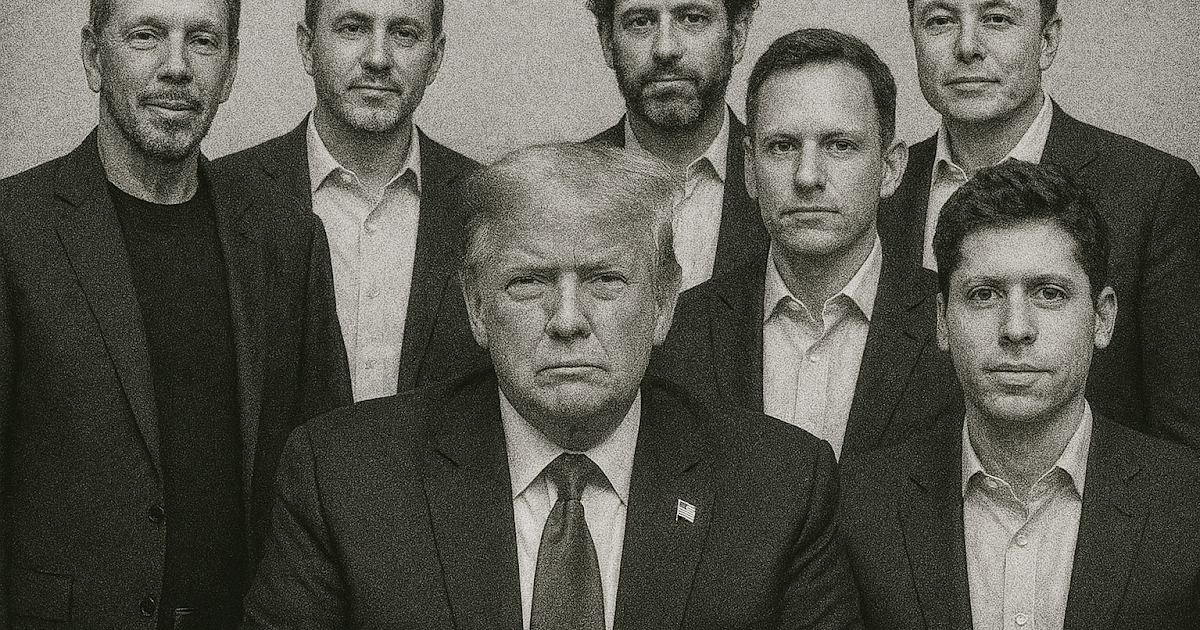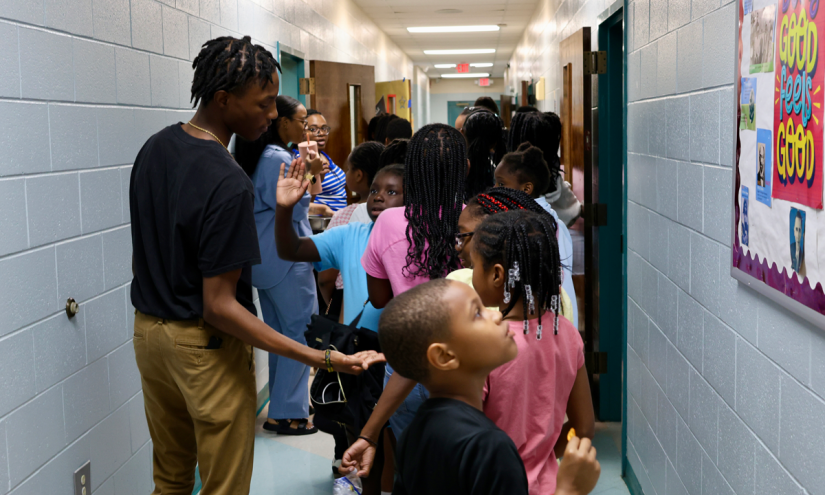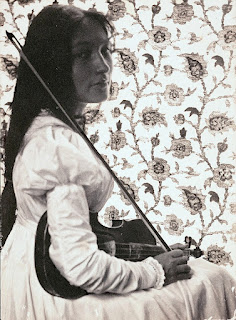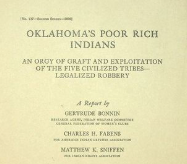An impressively brilliant African American 14-year-old sent a thoughtful response to the column I published yesterday on the policing of Black men in America. He began by characterizing what I had written as “fascinating,” which could have meant a multitude of things coming from a teenager. He then explained that his eighth-grade English class included recent discussions about immigrant pursuits of the American dream. Accordingly, one major takeaway from those conversations with his teacher and peers was that many people come to the U.S. because it is perceived as a land of opportunity. My article complicated this presumption for him.
In addition to the racial profiling, harassment, abuse and police killings of unarmed Black Americans that I wrote about yesterday, this middle schooler’s perspective has me wondering how other youth his age, as well as collegians in the U.S. and abroad are thinking about the possibility of the American dream at this time for themselves and others. I am especially interested in knowing how attainable it feels among Asian, Black, Latino and Indigenous youth here and elsewhere across the globe. Juxtapositions of their perspectives with those of their white counterparts also fascinate me.
The Trump administration includes few people of color in leadership roles—certainly much, much fewer than in the Obama and Biden administrations. Programs and policies that were designed to ensure equitable opportunities for citizens who make our nation diverse have been ravaged (in some instances outlawed) during Donald Trump’s second presidential term.
Black, Latino and international student enrollments at Harvard University and other elite institutions have declined since the U.S. Supreme Court ruled race-conscious admissions practices unconstitutional. Immigrants are being threatened, terrorized and deported. It is possible that these challenges and realities have done little to erode immigrants’ and prospective international students’ faith in U.S. structures and systems. This is a researchable topic.
It would also be good for social scientists and education researchers to study how students in K–12 schools and on college campuses across the U.S. are appraising the equitable availability of the American dream to all citizens. Results collected via surveys and other research methods should be disaggregated by race, socioeconomic status, gender and gender identity, citizenship and documentation status, sexual orientation, religion, state and geographic region, political party, and other demographic variables. Those findings should be compared within and across groups. Furthermore, sophisticated analyses should be done at the intersection of identities (for example, perceptions of Asian American transgender immigrant youth).
In another column published earlier this week, I wrote about what I teach students in my classrooms. One statement therein seems worthy of amplification here: “To be absolutely sure, I have never instructed [students] to hate or in any way despise America.” I do, however, teach them truths about our nation’s racial past and present. Those lessons are not based on my opinions or so-called divisive ideologies, but instead rigorous statistics and other forms of high-quality, trustworthy data substantiate my teachings. As a responsible educator and citizen, I understand that the problem of inequitable access to the American dream requires a lot, including but not limited to consciousness raising, truth telling, reparations and restorative justice, and the implementation of equity-minded public policies, to name a few.
I want youth of color to love our country. I want immigrants who believe in the availability of the American dream to come here. But I also want access to the American dream to be fair and equitable. I want our nation to disable and permanently destroy structures and systems that cyclically reproduce disparate outcomes that disadvantage people who make our country beautifully diverse. I got a very real sense that the Black teenage boy who thoughtfully responded to what I wrote yesterday wants the same thing, too. Again, I think it would be “fascinating” to know how other adolescents and young adults, including those who are white, are thinking about who has full access to the American dream at this time.













